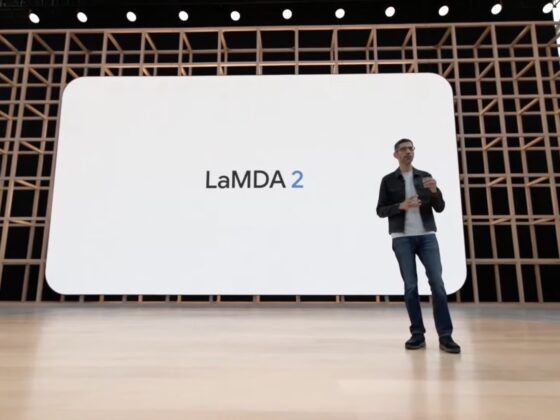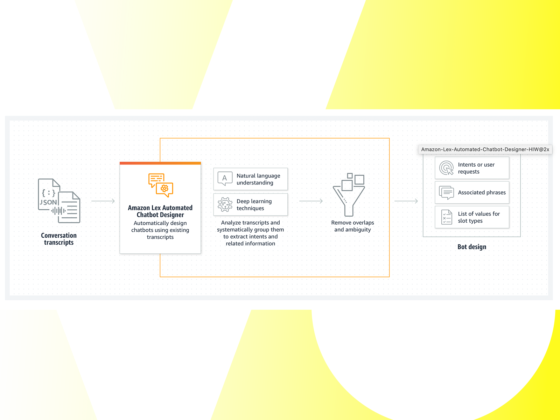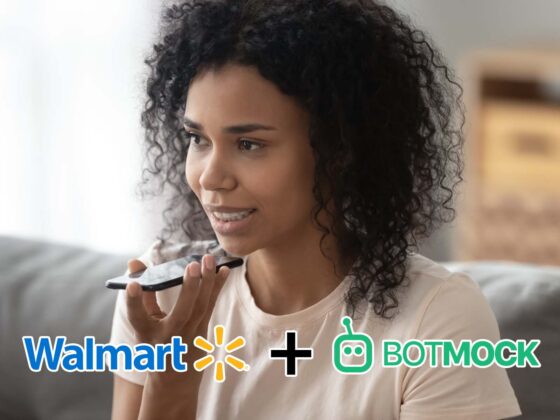The first episode of the new year is both a reflection on how far we’ve come in the last 12 months, and what to look forward to in the year to come.
This is a special episode as it’s the first of a new decade. And in this episode of the rundown, we’re getting deep.
Listen on:
Apple podcasts | Spotify | YouTube | Overcast | CastBox | Spreaker | TuneIn | Breaker | Stitcher | PlayerFM | iHeartRadio
Biggest news stories of 2019:
Apple acquires Pullstring – Was this an acqui-hire? Or is Apple using the Pullstring tool internally? Will we ever find out? Either way, 2019 started out with a big acquisition from a big player and showed good early signs of a growing industry.
Sonos acquires Snips – Given the importance of privacy, Sonos might have struck gold with Snips, the privacy first voice tech company based in Paris. The sad thing for the industry is that Sonos will not support third party activity any longer and is keeping the tech for its own speakers.
This could happen more and more as big companies realise the value of having voice technology and the talent to create and implement it. I just hope there are enough tools leftover to support the community and third party developers.
Voice startup funding set to triple in 2019
Google BERT: understanding searches better than ever before, and ERNIE from Baidu, which can understand subjects and topics better than ever before, too. With these two developments on the AI front, the chances of understanding what users are asking for and being able to offer the correct response is increasing. ERNIE beats humans as far as its reading comprehension capability is concerned.
Most overhyped news stories of 2019:
Voice interoperability initiative – On the face of it, this sounds great. Lots of organisations joining together to create standards that will allow multiple voice assistants to run on a single device so that users can choose which assistant they’d prefer to use for a given task. In reality, given that Google and Apple aren’t involved in this, will it have the benefits that it proposes? Well, perhaps if Alexa is your go-to assistant, then yes. This way, Alexa is the core assistant, but then Cortana and Einstein (Salesforce) can be used for more specific tasks.
Humans review Alexa recordings – Maybe it’s just because we’re so deeply ingrained in the industry that I assumed that humans reviewing mismatched or failed utterances would be obvious. Seemingly, though, the public did not. I understand that users are concerned with privacy around voice assistants and that the industry needs to respond and develop trust. However, I think this story in particular, and the others that followed it, blew things out of proportion and were used as scaremongering.
Most underhyped stories of 2019:
Google AI runs on device – When this was announced at I/O’19, it got some coverage, but it wasn’t made as big a deal of than I’d have thought. This is the kind of thing that Snips used as it’s core differentiator. Now, Google can run automatic speech recognition on the device and takes Google Assistant a step closer to being a privacy-first assistant.
The great Google action outage – In October, Google pulled almost all of the actions on Google Assistant offline without warning. Thousands of actions just vanished. It later transpired that it was due to a potential security risk around a phishing vulnerability, but the company didn’t communicate anything to anyone, at all. The story was covered by Voicebot and that’s about it. Imagine if all of the apps in the app store vanished over night, without warning. I thought it was big news that deserved more coverage.
Hugging Face raised $15 million – The big two (Amazon and Google) are talked about more often than anything else. We’re guilty of this ourselves sometimes. But we know that voice is about more than those two. It’s about more than smart speakers. It’s the interface of the future and the opportunities for using voice span well beyond the big two. And so when we see a company that is trying to build the definitive natural language processing library, that’s big news.
Other links we spoke about in the show:
How voice assistants could change the way we shop – Kane Simms, Harvard Business Review




